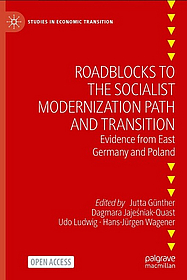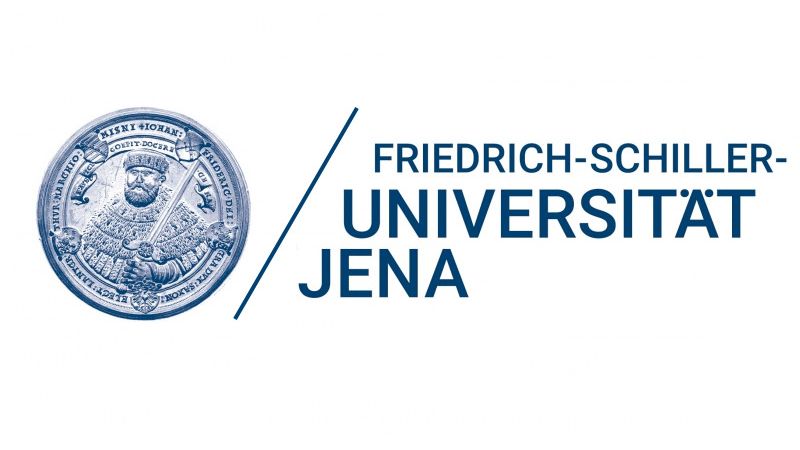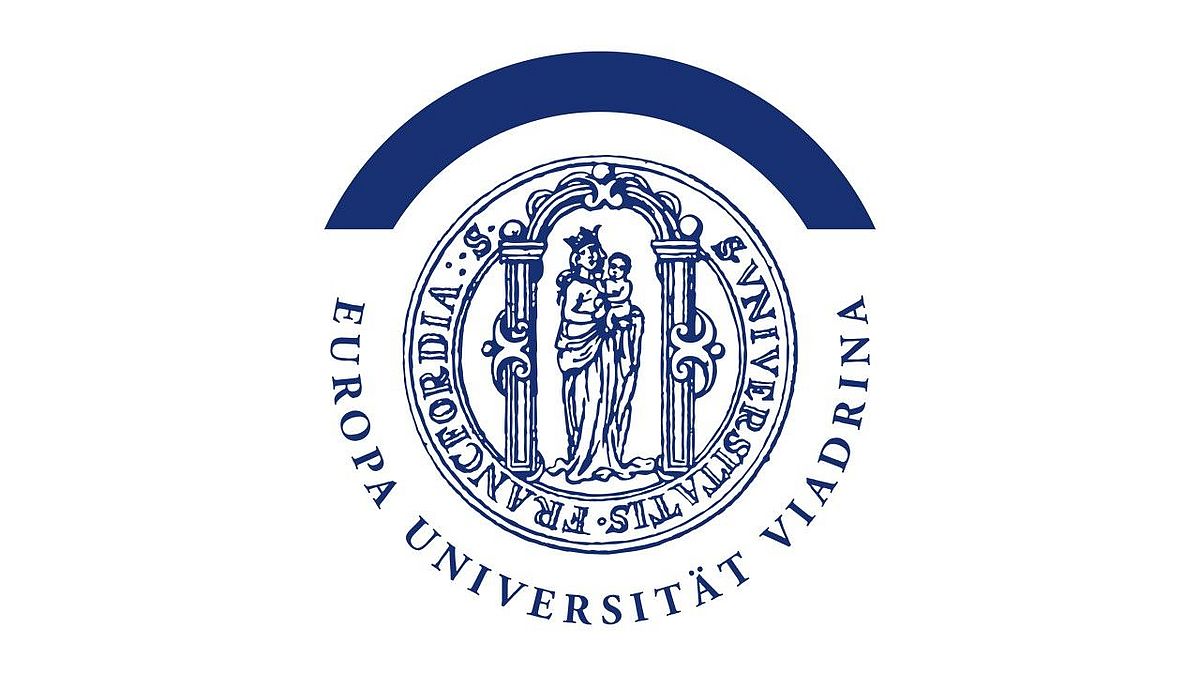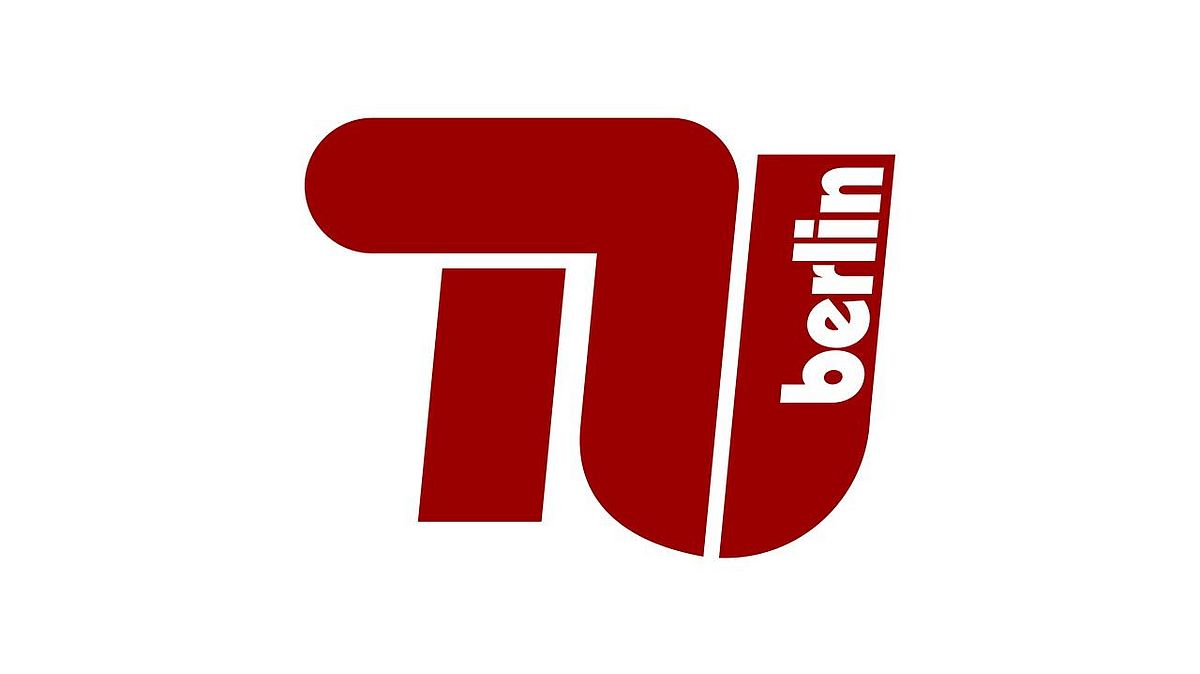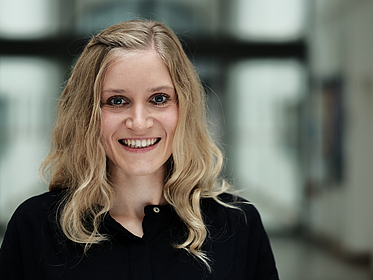
Obstacles to Modernization in the Economy and Science of the GDR (Mod-Block-DDR)
Emergence and Consequences - an inner-German comparison and a comparison to neighbouring countries in Central Eastern Europe
Information about the project
In the year 2017, the German Federal Ministry of Education and Research (BMBF) published the call for project proposals in the field of “GDR Research” in order to support social scientific research about the “heritage of socialism” in the German university landscape and to strengthen the research structure in this field of expertise on a competitive basis.
The research consortium “Hurdles to modernisation in the economy and science in the GDR” (Mod-Block-DDR) was selected for funding as one out of 14 projects in total. The project will run empirical and comparative analyses focusing on the question in how far the hurdles to modernisation in the GDR impact the economic development and structures of East Germany until today. Four universities in Germany together with their international cooperation partners participate in the research consortium. Jutta Günther from the University of Bremen, Faculty of Business Studies and Economics, is head of the interdisciplinary research team. Young researchers are actively participating in the research and will be promoted through a PhD or postdoc career. Further, the results of the research will be disseminated broadly in the scientific community, policy, economy and general public. Especially the transfer of new knowledge about the GDR into society will be paid special attention.
The consortium started its work on December 01, 2018 and will be supported by the Federal Ministry of Education and Research in a first stage until the year 2022. After positive evaluation, the second funding period of Mod-Block-DDR started on October 1, 2023 for two years.
In the context of the research project and in order to strengthen sustainable research structures, the Faculty of Business Studies and Economics of the University of Bremen filled a professorship position in economics with the specialisation “Institutional Change”. This newly established professorship is an additional action, financed by the University of Bremen and will work in close cooperation with the research consortium on complementary topics. It will particularly engage in research about institutional factors, which impact the economic catching-up process in transition economies until today.
Press release of the University of Bremen

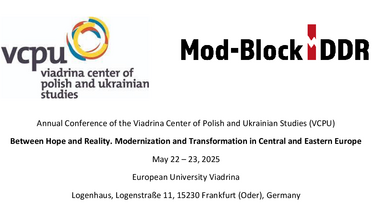
Annual Conference of the Viadrina Center of Polish and Ukrainian Studies (VCPU)
![[Translate to English:] [Translate to English:]](/fileadmin/_processed_/9/6/csm_UHB_Logo_Web_4f9c4a03b8.png)
Mod-Block Podcast with Tomasz Mickiewicz (Aston University Birmingham) on Entrepreneurship and Institutional Transformation
Closing conference Mod-Block-DDR - Call for Paper
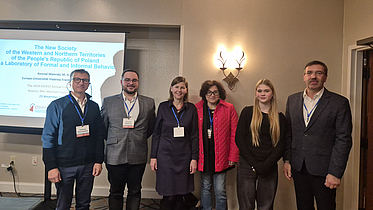
Participation at the ASEEES Annual Convention 2024
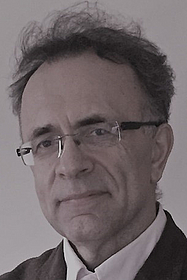
First podcast with Slavo Radosevic released
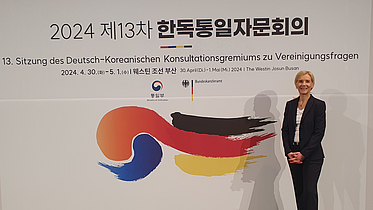
Jutta Günther presented results from the Mod-Block-DDR research network at the 13th meeting of the German-Korean Consultative Body in Busan, South Korea.
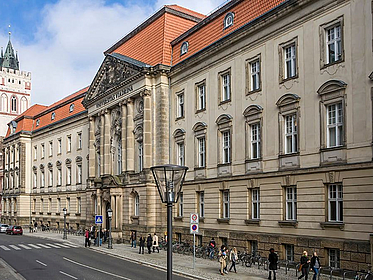
Successful meeting of the Mod-Block-GDR research consortium at the European University Viadrina
Research consortium Mod-Block-DDR enters 2nd round
